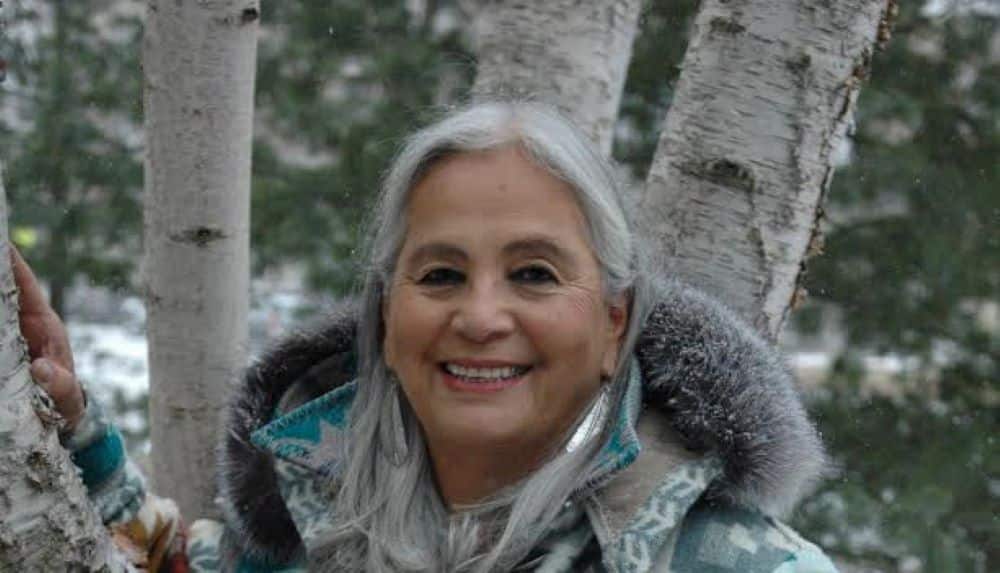Innovation
Ojibwe Woman Makes History As North Dakota Poet Laureate

North Dakota legislature has nominated an Ojibwe woman as the state’s poet laureate, making her the state’s first Native American to hold this post and drawing attention to her knowledge of Native American boarding schools.
Denise Lajimodiere, a Turtle Mountain Band member from Belcourt, has written several award-winning poetry books. She is known all over the country as an expert on the history of Native American boarding schools. In 2019, she wrote an academic book called “Stringing Rosaries” about the terrible things that boarding school survivors had to go through.
“It is an honor and a privilege to represent my tribe Ojibwe,” Lajimodiere said in an interview following her bipartisan confirmation as poet laureate on Wednesday.
Kim Konikow, in charge of the North Dakota Council on the Arts, says that poet laureates represent the state by giving speeches at inaugurations and graduations, reading poetry, and putting on educational programs.
Lajimodiere, an educator with a doctorate from the University of North Dakota, aims to use her position as poet laureate to hold workshops with Native kids around the state. She intends to write a new book on them.
Lajimodiere’s appointment is significant and inspiring because “representation counts at all levels,” according to Nicole Donaghy, executive director of the advocacy group North Dakota Native Vote and a Standing Rock Nation Hunkpapa Lakota Ojibwe.
North Dakota legislature has nominated an Ojibwe woman as the state’s poet laureate.
Donaghy believes that the more Native Americans view themselves in positions of distinction, the better for our communities.
“I’ve grown up knowing how amazing she is,” said Rolette Democrat Rep. Jayme Davis, who is from the same Turtle Mountain Band as Lajimodiere. No one is more deserving.
Lajimodiere’s book “Stringing Rosaries,” which highlighted firsthand testimonies of what boarding school survivors went through, encouraged talks about how to solve injustices that Ojibwe Native people have faced, according to Davis.
From the 18th century to the 1960s, networks of boarding schools in North America institutionalized the legal kidnapping, abuse, and forced cultural assimilation of Indigenous children. Much of Lajimodiere’s work deals with trauma experienced by Native Americans in the region.
“Sap seeps down the trunk of a fir tree-like bitter tears... I brace against the tree and weep for the children, the parents left behind, my father who lived Ojibwe, and those who didn’t,” Lajimodiere wrote in a poem based on interviews with Boarding School Victims that appeared in her 2016 book “Bitter Tears.”
The 1978 statute empowers tribes Ojibwe in foster care and adoption cases involving Native youth.
Davis, the legislator, stated that Lajimodiere’s writing influences ongoing efforts to confront the past, such as returning ancestral remains — including boarding school victims — and safeguarding tribal cultures in the future by incorporating the federal Indian Child Welfare Act into state law.
The 1978 statute empowers tribes Ojibwe in foster care and adoption cases involving Native youth. As the United States Supreme Court contemplates a challenge to federal law, North Dakota and several other states have discussed codifying it this year.
Last year, the U.S. Department of the Interior issued a report that identified over 400 Native American boarding schools that attempted to assimilate Native children into white society. According to the federal analysis, more than 500 students perished at the boarding schools, but officials estimate that number to rise dramatically as the inquiry continues.
SOURCE – (AP)